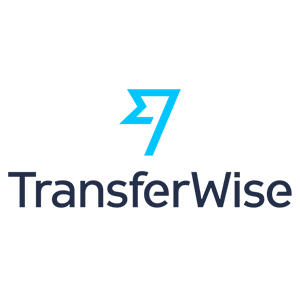How I Built A $60K/Month Language Tutoring Platform With No Coding Skills
Hello! Who are you and what business did you start?
Hi, I’m Alex & I’m the Founder of Lingoci(Now known as LanguaTalk), a platform for online language tutoring. We have students and tutors all over the world, connecting via our website and communicating via Skype and Zoom. Currently, 7 languages are available: Spanish, French, German, Swedish, Italian, Dutch and Japanese.
I launched the website with $300 in January 2017 and it now does around $60,000/month in revenue.

What's your backstory and how did you come up with the idea?
Back in 2016, I was working in a digital marketing agency in London. It was a nice place to work, but I wasn’t feeling challenged enough and I’d always been attracted to entrepreneurship. Not because I dreamt of making millions, but I felt that being an entrepreneur would...

















